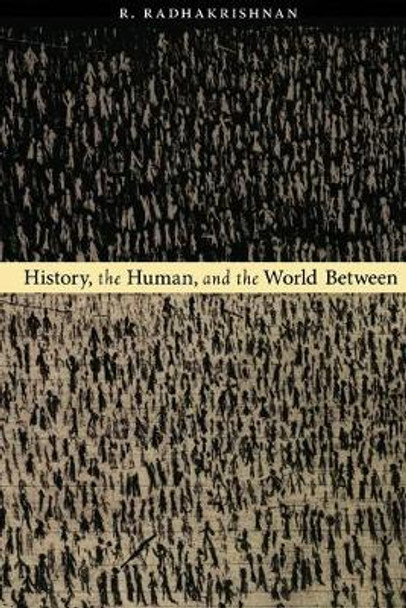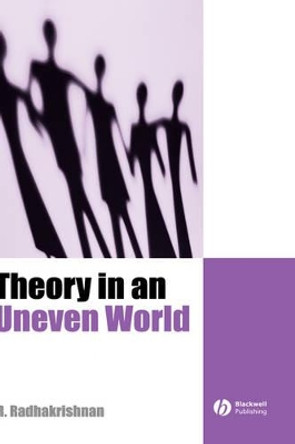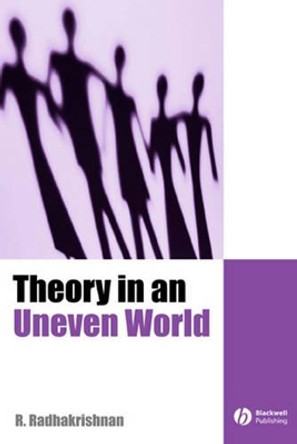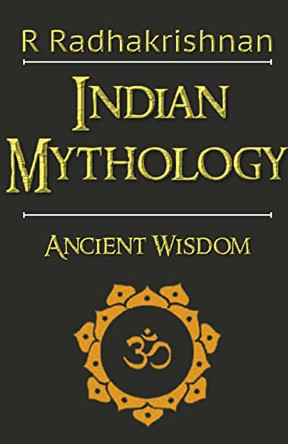Description
Radhakrishnan develops his rationale of the "between" through three linked essays where he locates the terms "world," "history," "human," and "subject" between phenomenology and poststructuralism, and in the process sets forth a nuanced reading of the politics of a gendered postcolonial humanism. Critically juxtaposing the works of thinkers such as Friedrich Nietzsche, Adrienne Rich, Frantz Fanon, Edward Said, Michel Foucault, Maurice Merleau-Ponty, Martin Heidegger, David Harvey, and Ranajit Guha, Radhakrishnan examines the relationship between systems of thought and their worldly situations. History, the Human, and the World Between is a powerful argument for a theoretical perspective that combines the existential urgency of phenomenology with the discursive rigor of poststructuralist practices.
Phenomenology-influenced reading of the nature of history, drawing on Edward Said, Nietzsche, and poet Adrienne Rich
About the Author
R. Radhakrishnan is Professor of English, Asian American Studies, and Comparative Literature at the University of California, Irvine. He is the author of Theory in an Uneven World and Diasporic Mediations: Between Home and Location.
Reviews
"[A] compelling interrogation. . . ." - Christine M. Battista, Modern Fiction Studies
"Radhakrishnan's great contribution in this book [is that] he shows that every proposition offered in the service of understanding the world is also a form of negation, and even the best intentions of theorists and poets may foreclose on the very generative potential of alterity, of the unfinished processes of becoming."
- Stephen M. Levin, MELUS
"[A] work of noteworthy scholarship. Committed rigorously to the in-between space father than 'the comfort and security of a monologic home' (24), History, the Human and the World Between emblemizes intellectual cosmopolitanism with the author's existential respect for the particularity of humanity, poststructuralist critique of totalization, and a fervent pursuit of the dialogical relations between the compulsion to define and a learned conviction about the limitation of defining and definitions." - Leilei Chen, Ariel
"Highly recommended." - K. M. Kapanga, Choice
"History, the Human, and the World Between will certainly become a significant locus of theoretical discussion given R. Radhakrishnan's remarkable ability to bring into conjunction lines and lineages of thought that are so often pursued discretely."-David Lloyd, author of Ireland after History
"In this provocative, enlightening theoretical exegesis, R. Radhakrishnan brings together a series of theorists-Frantz Fanon, Edward Said, Maurice Merleau-Ponty, Martin Heidegger, Ranajit Guha, and David Harvey-who are rarely, if ever, examined in conjunction with each other. Maintaining a powerfully rigorous and lucid focus on the epistemological structures underlying their theories, Radhakrishnan brings them all to bear on the problematic relations between the human subject, history, temporality, and world created by the interaction between these. This is an excellent book."-Abdul R. JanMohamed, author of The Death-Bound-Subject: Richard Wright's Archaeology of Death
"R. Radhakrishnan's caring but critical engagement with the writings of Ranajit Guha and Edward Said-set in the background of some deep reflections on the intellectual heritage of poststructuralism-reinvigorates for our times the long-standing conversation between postcolonial critics and modern European thought. A stimulating contribution to contemporary debates."-Dipesh Chakrabarty, author of Provincializing Europe: Postcolonial Thought and Historical Difference
"A compelling interrogation. . . ." -- Christine M. Battista * Modern Fiction Studies *
"A work of noteworthy scholarship. Committed rigorously to the in-between space father than 'the comfort and security of a monologic home' (24), History, the Human and the World Between emblemizes intellectual cosmopolitanism with the author's existential respect for the particularity of humanity, poststructuralist critique of totalization, and a fervent pursuit of the dialogical relations between the compulsion to define and a learned conviction about the limitation of defining and definitions." -- Leilei Chen * ariel *
"Highly recommended." -- K. M. Kapanga * Choice *
"Radhakrishnan's great contribution in this book [is that] he shows that every proposition offered in the service of understanding the world is also a form of negation, and even the best intentions of theorists and poets may foreclose on the very generative potential of alterity, of the unfinished processes of becoming."
Book Information
ISBN 9780822339656
Author R. Radhakrishnan
Format Paperback
Page Count 286
Imprint Duke University Press
Publisher Duke University Press
Weight(grams) 422g





